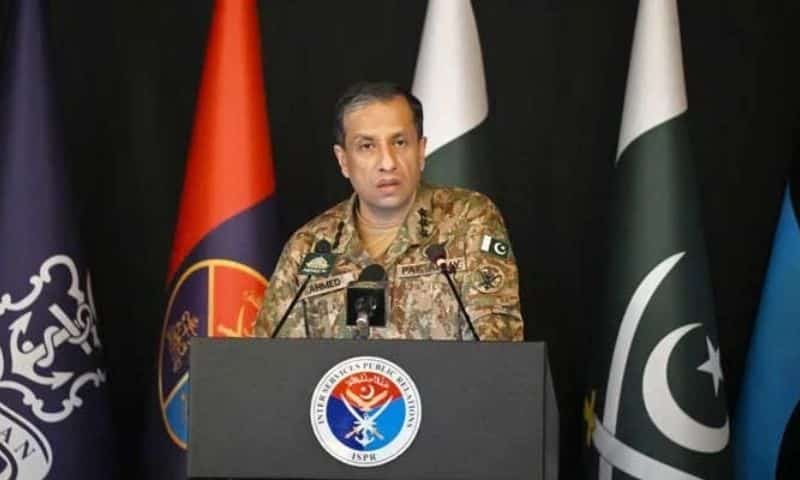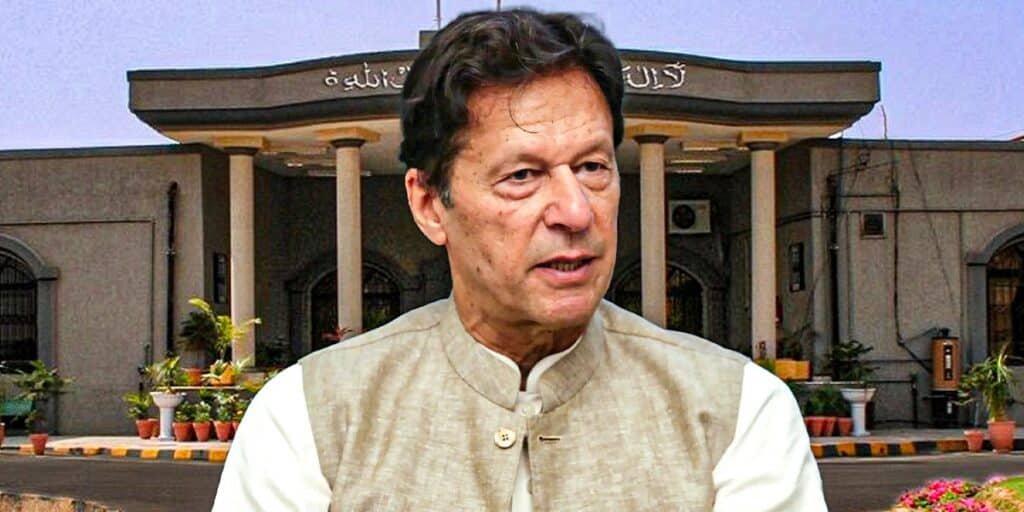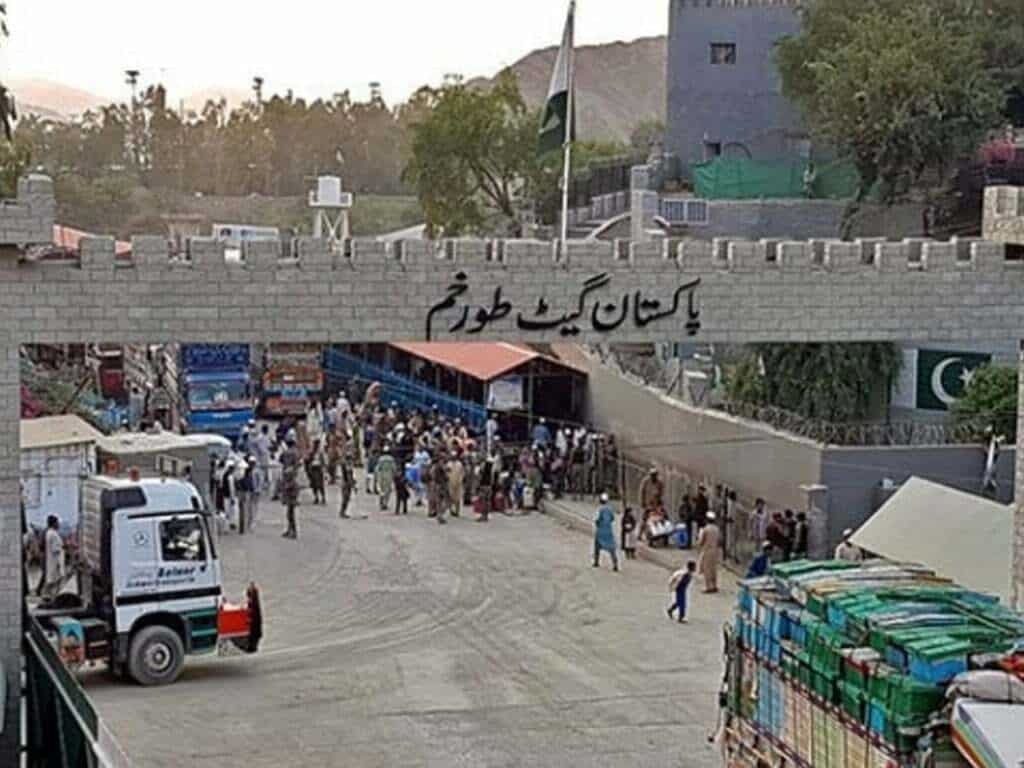BY: SALAHUDDIN SALARZAI
Every year on May 1, International Workers’ Day echoes a global cry for dignity, fairness, and justice—a cry born from bloodshed. The day traces its roots to Chicago in 1886, when workers rallied for an 8-hour workday, protesting grueling 16-hour shifts and exploitative wages. Instead of dialogue, authorities met their peaceful march with bullets. Hundreds were killed or injured, and leaders of the movement were later hanged. This tragedy, known as the Haymarket Affair, became the catalyst for worldwide labour solidarity.
In Pakistan, Labour Day was first officially observed in 1973 under Zulfikar Ali Bhutto, founder of the Pakistan Peoples’ Party (PPP). Bhutto’s government enshrined workers’ rights in law, raising minimum wages and establishing social security programs. Yet, 50 years later, the struggle persists. While rallies and speeches mark the day, many workers still face unsafe conditions, stagnant wages, and limited access to healthcare and education. The gap between policy and reality remains stark.
Labour Day is not just a holiday—it’s a reminder that progress demands relentless advocacy. From Chicago’s streets to Pakistan’s factories, the fight for fair treatment continues.
Why Labour Day?
Labour Day honors the sacrifices of workers who fought—and died—for rights we often take for granted: fair wages, safe workplaces, and humane hours. It’s a call to hold governments and employers accountable, bridging the gap between policy pledges and lived realities. For Pakistan, it’s also a moment to reflect on Bhutto’s progressive reforms and ask: Have we done enough? The day underscores that workers’ dignity is non-negotiable—a lesson as vital today as it was in 1886.





